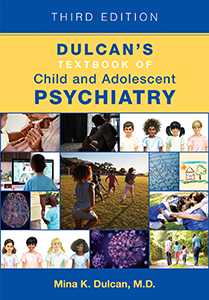Sections
Excerpt
Schools are among the most vital sites for child (and adolescent) psychiatrists to promote mental health. Schooling comprises about 15,000 hours of every child’s life, including both the child’s social-emotional and the child’s cognitive development. In essence, school is the young person’s primary “work” and social environment, where demands and social pressures may be greater than they are at home and where mental health symptoms often manifest. Although approximately 15% of children experience mental disorders (Whitney and Peterson 2019), less than half of those diagnosed actually receive treatment, and of those who do receive treatment, more than 75% receive this treatment at schools (McKay et al. 2005; Merikangas et al. 2011). Increasingly, child psychiatrists are enlisted to work with schools to promote student mental health, to respond to difficult school or community events that affect groups of students, and to support students with mental health needs.
Access content
To read the fulltext, please use one of the options below to sign in or purchase access.- Personal login
- Institutional Login
- Sign in via OpenAthens
- Register for access
-
Please login/register if you wish to pair your device and check access availability.
Not a subscriber?
PsychiatryOnline subscription options offer access to the DSM-5 library, books, journals, CME, and patient resources. This all-in-one virtual library provides psychiatrists and mental health professionals with key resources for diagnosis, treatment, research, and professional development.
Need more help? PsychiatryOnline Customer Service may be reached by emailing [email protected] or by calling 800-368-5777 (in the U.S.) or 703-907-7322 (outside the U.S.).



